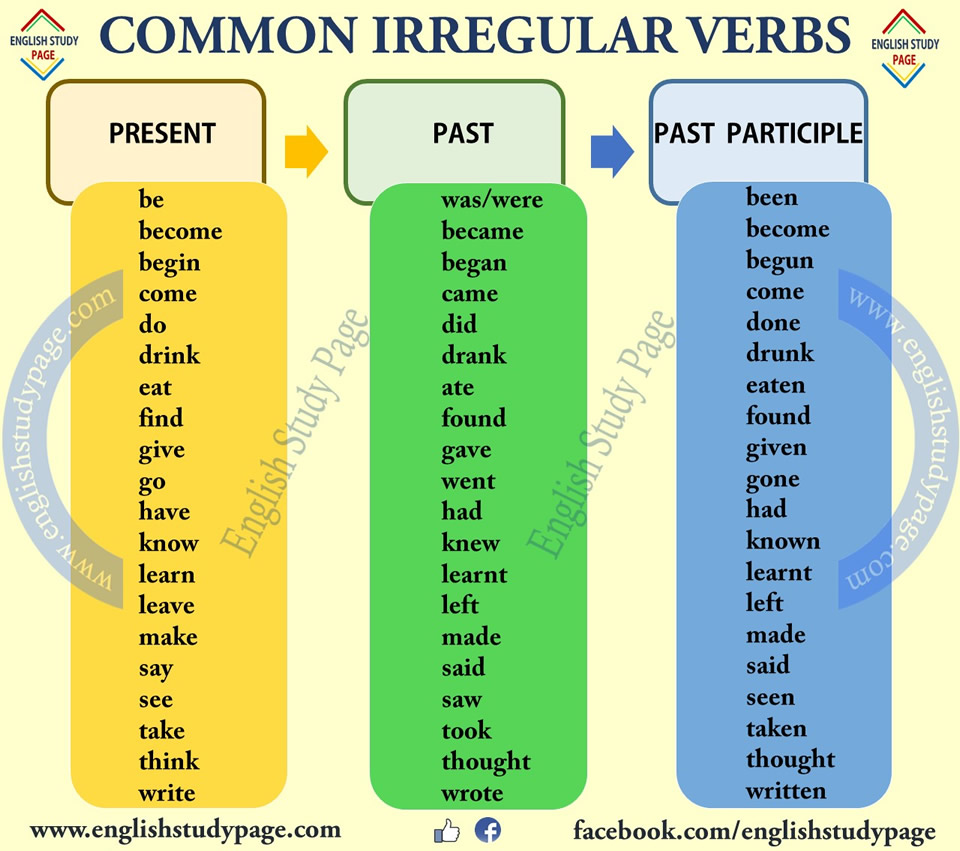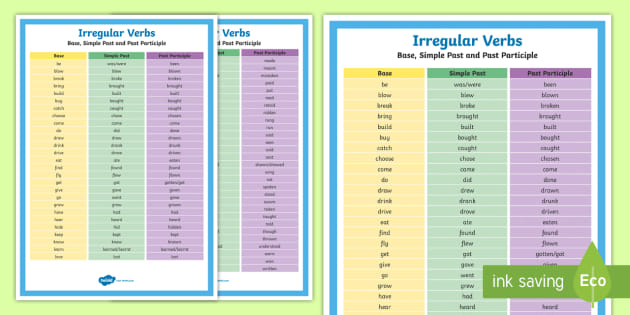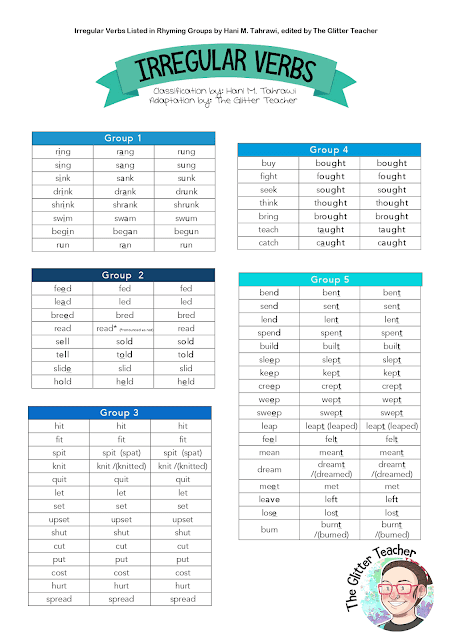

Those – er verbs you thought you had all figured out aren’t quite so regular after all but there are only a few exceptions.

Think of these verbs like the pencil to your crossword arguably, the crossword is the most important, but without the pencil, you’ll be pretty lost.Īs such, modal verbs are a very special type of verb in French. They are a type of helping verb that modifies the “mood” of the unconjugated verb that comes afterward, which is a fancy way to say that these verbs indicate ability, possibility, desire or necessity.įor example, the verbs vouloir (to want), pouvoir (to be able to), devoir (to have to) and savoir (to know) are all modal verbs.Ĭheck out their conjugations: Vouloir (to want) Je veux Perhaps the second most important group of irregular verbs are the modals. Let’s see how these verbs are conjugated in the present tense. The following verbs are essential to know - perhaps the most important irregular verbs in all of the French language.įurthermore, the irregular verbs être (to be), avoir (to have) and aller (to go) are used in compound tenses: the first two being support verbs for the passé composé (the past perfect) and the third being a support verb for the futur proche (the near future). The Big Four Irregular French Verbs (Être, Avoir, Aller and Faire) Their final letters do not determine what conjugated endings they will receive.Īs such, these verbs need to be memorized because even though there are far more regular verbs than irregular ones, irregular verbs encompass some of the most important and common verbs in the French language. Irregular verbs, on the other hand, do not follow a pattern. To conjugate these verbs in the present tense, simply chop off the last two letters and add the appropriate endings determined by the subject. Primarily, regular verbs fall into one of three categories: verbs that end in -er, verbs that end in -ir or verbs that end in -re.

These set patterns prevail in all tenses that a verb undergoes. These verbs are regular because they follow a set pattern.
REGULAR VS IRREGULAR PAST TENSE VERBS PDF
This blog post is available as a convenient and portable PDF that youĬlick here to get a copy.
REGULAR VS IRREGULAR PAST TENSE VERBS HOW TO
31 French Irregular Verbs and How to Conjugate Them


 0 kommentar(er)
0 kommentar(er)
